Indian Singers' Rights Association meet held in Hyderabad


Send us your feedback to audioarticles@vaarta.com


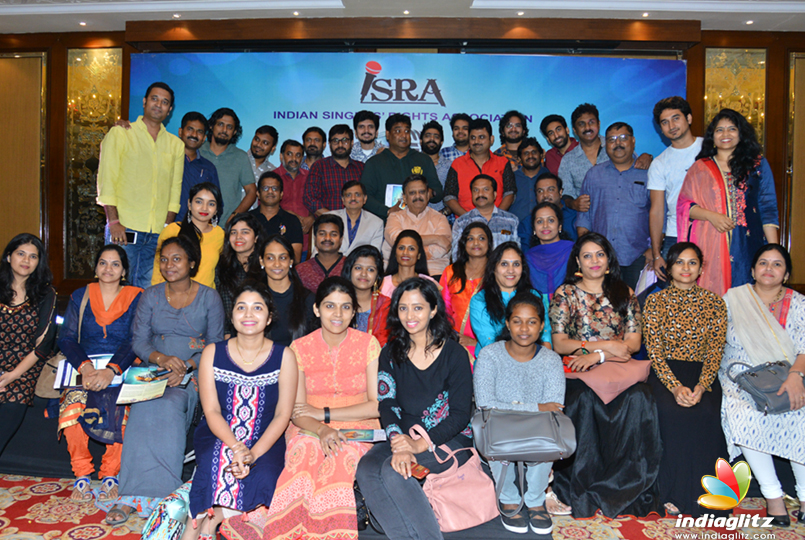
The long fight of Indian music artists, including those from the singing community, is slowly bearing fruition. Indian Singers’ Rights Association (ISRA) is offering a platform for the country's singers to get their royalty whenever their creative output is made use of for commercial use. ISRA is a Non-profit making Company Limited by Guarantee under the Companies Act, 1956 and was born on 3rd May, 2013.
Its first meeting was held on August 8 in Hyderabad for the benefit of singers from Andhra Pradesh and Telangana.
Legal background
The Copyright Act 1957 (14 of 1957) was amended by the Copyright (Amendment) Act, 2012 (27 of 2012) on and w.e.f. 21st June, 2012. By virtue of the said amendments, Singers were accorded a Special Right to be known as the “Performer’s Right” on their Performances. Section 38, 38A, 38B, 39, &39A pertain to performances of the performers and their Rights. The Copyright Act provides that a Singer -- as a Performer -- shall be entitled for Royalties in case of making of the Performances for commercial use.
ISRA was set up in 2013 to act as the Performers’ Right Society for Singers, as required by the aforementioned Act.
Who's who are members of ISRA
M/s. Lata Mangeshkar, SP Balasubhrahmanyam, KJ Yesudas, Usha Mangeshkar, Suresh Wadkar, Gurdaas Mann, Pankaj Udhas, Alka Yagnik, Anup Jalota, Talat Aziz, Kumar Sanu, Abhijeet Bhattacharya, Sonu Nigam, & Sanjay Tandon with support from M/s. Asha Bhosle, Kavita Krishnamoorty, Shaan, Hariharan, Jassi, Sunidhi Chauhan, Mahalaxmi Iyer and many others formed the ISRA (Indian Singers' Rights Association) and are members of ISRA.
About 410 singers are currently members. More and more are joining ISRA.
When do Singers get royalty:
Playing/Using/Making the songs of ISRA’s Singer members for commercial use amounts to commercial exploitation of the Performer’s Performance and hence needs a Clearance from ISRA on payment of prescribed Royalty as per ISRA’s Tariffs.
Songs played on FM stations, TV and at any public places come under the ambit. Public performances are excluded as they come under the IPR spectrum.
What all are covered under the law:
Not just film songs but even folk songs, Classical music, Devotionals, Ghazals, etc are covered. ISRA is in talks with even YouTube and the like.
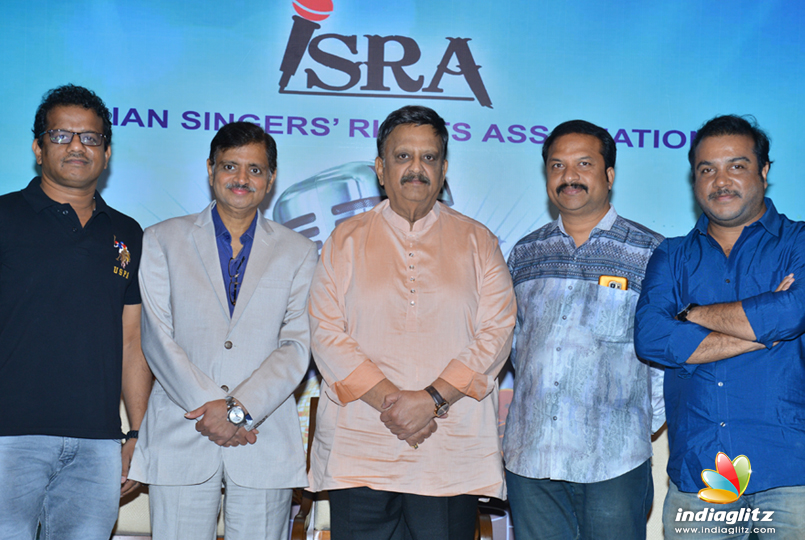
Who is eligible to be an ISRA member?:
Any singer who has recorded at least one song. He or she should pay a lifetime membership fee of Rs. 2000. Once a member, he or she will continue to receive a royalty for the rest of life. Post his or her demise, the legal heir will be eligible for the same amount of royalty for 50 years. Payments are made periodically - once a year.
ISRA is also putting in place arrangements to help needy singers whose heyday is over. Those royalties lying unclaimed will be moved to a Benevolent Fund by ISRA. These funds will be used for the noble cause of reaching out to poor singers. A life insurance sort of arrangement is going to be there.
Note: There is a misconception that singers are claiming a share from the royalty proceeds that Music Directors and Lyricists are entitled to get. It's not the case, clarified Sanjay Tandon, CEO of ISRA.
What SPB says:
Speaking at Wednesday's ISRA meeting in Hyderabad, legendary singer SP Balasubrahmanyam hailed the initiative that will go a long way in rendering justice to singers. "For long now, in our country, 'Copyright' has been taken for granted and it's as if they think of it as the right to copy! With legal backing in place, singers will now get their due. I have been a singer for decades now. But I have never received any royalty. With suitable legislation in place, singers are now entitled to get a royalty whenever their songs are played in public places. This comes with effect from the year 2012. Singers now even have the right to stall the release of a film if payments are due to them. We are getting organized so that we will be heard," SPB said.
Follow us on Google News and stay updated with the latest!
Comments
- logoutLogout

-

Contact at support@indiaglitz.com




 Follow
Follow



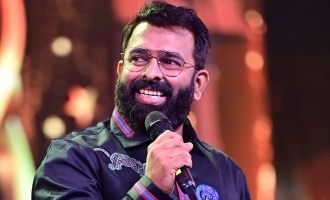
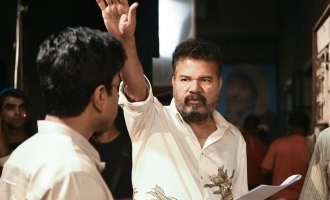

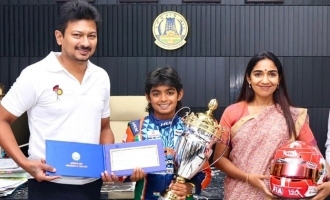


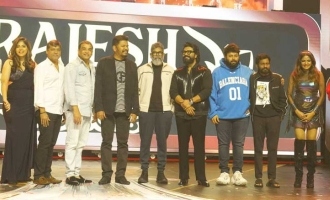
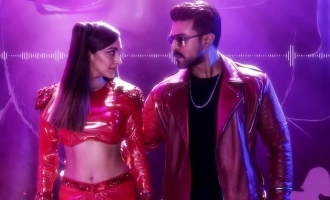
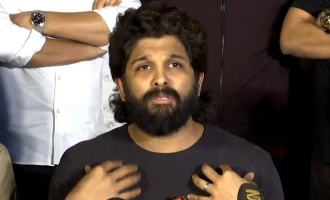
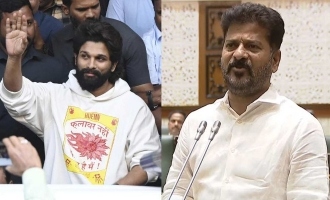

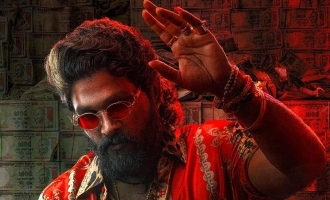









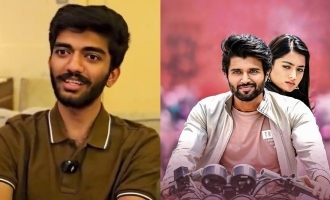


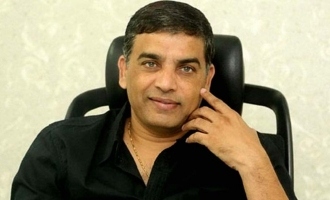





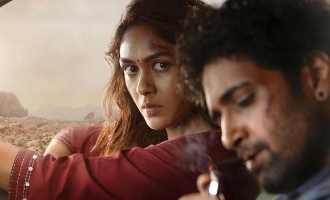



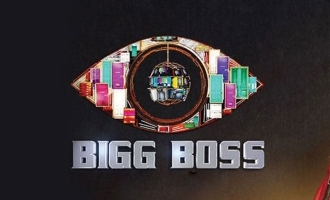


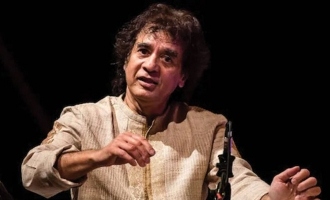



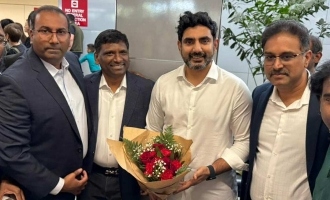
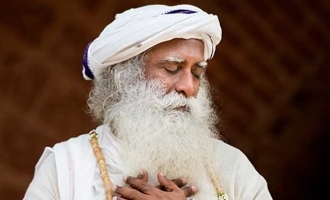
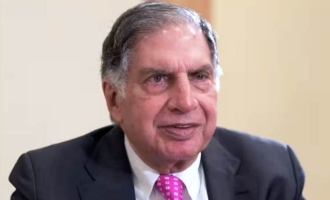
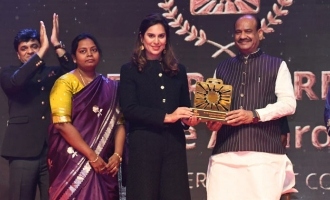
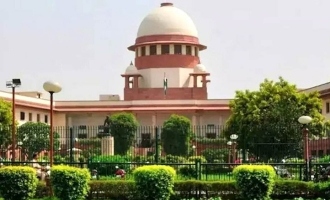
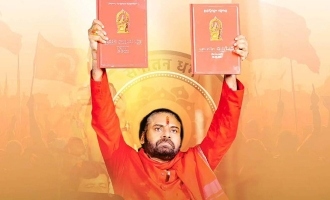
-a3e.jpg)
-3c4.jpg)
-e5c.jpg)
-e66.jpg)
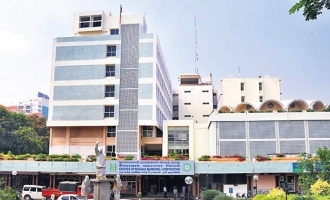
-71b.jpg)








